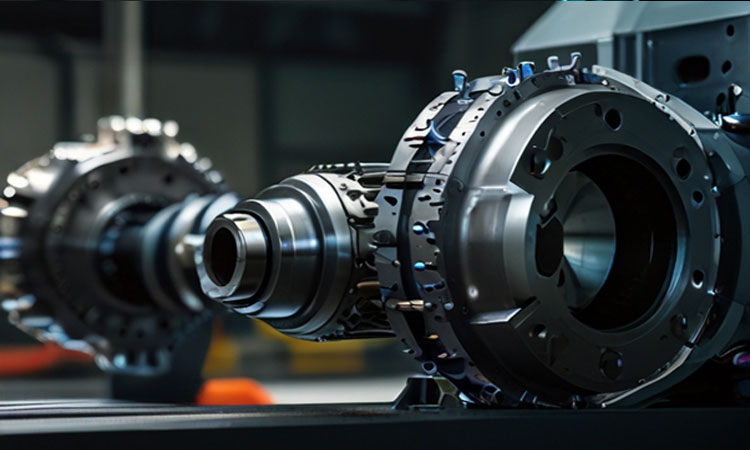One of the primary challenges faced by aerospace and defense manufacturers is supply chain disruptions. With global supply chains spanning multiple continents and relying on a network of suppliers, any disruption, whether due to natural disasters, geopolitical tensions, or unforeseen events like the COVID-19 pandemic, can have far-reaching implications. These disruptions can lead to delays in production, shortages of critical components, and increased costs, impacting the ability of manufacturers to meet customer demand and fulfill contractual obligations.
Regulatory compliance is another significant challenge for aerospace and defense manufacturers, given the stringent requirements and standards imposed by regulatory authorities. Compliance with industry-specific regulations, such as ITAR (International Traffic in Arms Regulations) and EAR (Export Administration Regulations), as well as international standards for quality, safety, and environmental sustainability, is essential to ensure the integrity and reliability of aerospace and defense products. Non-compliance can result in severe penalties, reputational damage, and loss of market access, underscoring the importance of robust compliance programs and systems.
Cybersecurity threats pose a growing concern for aerospace and defense manufacturers, given the increasing digitization and connectivity of manufacturing systems and processes. With the proliferation of interconnected devices and the rise of Industry 4.0 technologies, manufacturers are increasingly vulnerable to cyberattacks targeting sensitive data, intellectual property, and operational infrastructure. Protecting against cyber threats requires robust cybersecurity measures, including network segmentation, data encryption, and employee training, to safeguard against potential breaches and mitigate risks to manufacturing operations.
Furthermore, geopolitical factors, such as trade tensions, economic sanctions, and export controls, can impact global manufacturing operations in the aerospace and defense industries. Changes in political landscapes and international relations can affect market access, trade routes, and regulatory environments, requiring manufacturers to adapt their strategies and operations accordingly to mitigate risks and capitalize on opportunities.
Aerospace and defense manufacturers face a complex and evolving set of challenges in their supply chain and manufacturing operations. By proactively addressing issues such as supply chain disruptions, regulatory compliance, cybersecurity threats, and geopolitical factors, manufacturers can enhance resilience, agility, and competitiveness in the dynamic aerospace and defense industries. Collaboration, innovation, and strategic planning are key to navigating these challenges and ensuring long-term success in a rapidly changing global landscape.



